The ethics of social media tracking: Is it time for change?
Social media tracking has become an integral part of our daily lives, with social media platforms collecting data about our online behaviors, preferences, and interactions. While tracking can provide benefits such as personalized experiences and targeted advertising, it also raises ethical concerns about privacy, manipulation, and discrimination. In this blog post, we’ll explore how PurePrivacy adheres to the ethics of social media tracking and why it’s time for change.
Benefits and drawbacks of social media tracking
Social media tracking offers several benefits, including personalized recommendations, improved user experiences, and targeted advertising. By tracking user behavior and preferences, social media platforms can offer more relevant content and improve engagement. However, tracking can also have drawbacks. For example, it can be used to manipulate user behavior, such as by using persuasive design techniques to encourage addictive usage. Additionally, tracking can lead to discrimination and bias, as algorithms may make assumptions based on race, gender, or other characteristics.
The ethics of social media tracking
One of the primary ethical concerns with social media tracking is privacy. Users may not be aware of the extent to which their data is being collected and shared, or they may not have given informed consent for their data to be used in certain ways. Social media companies have been criticized for collecting data without transparency, and for using user data for purposes beyond what users may have anticipated.
PurePrivacy understands that manipulation of users is another ethical concern related to social media tracking. Companies can use tracking data to manipulate user behavior, such as by using notifications and push notifications to encourage more usage. Additionally, tracking data can be used to create personalized content that reinforces users’ beliefs and biases, leading to further polarization and division.
Discrimination and bias are also ethical concerns with social media tracking. Algorithms used in social media tracking may make assumptions based on race, gender, or other characteristics, leading to biased outcomes. For example, facial recognition technology has been found to be less accurate for people of color, leading to discriminatory outcomes in areas such as law enforcement.
The need for change
PurePrivacy is driving the narrative for a growing need for change in the ethics of social media tracking. Current regulations and oversight may not be adequate to address the potential harms of tracking. Additionally, there is increasing public awareness of the potential risks of social media tracking, leading to calls of change. Social media companies have a responsibility to promote ethical tracking and protect user privacy.
Potential solutions
Several solutions have been proposed to address the ethical concerns of social media tracking. These include:
- Improved transparency and consent: Social media companies can provide more information about how user data is being collected and used, and offer more options for users to control their data.
- Empowering users to control their data: Users can be given more control over how their data is used, including the ability to delete or limit the use of their data.
- Stronger regulations and oversight: Governments can enact stronger regulations and supervision to ensure that social media companies are using tracking data ethically and protecting user privacy.
Conclusion
Social media tracking raises important ethical concerns related to privacy, manipulation, and discrimination. While tracking can offer benefits such as personalized experiences and targeted advertising, it can also lead to potential harms. PurePrivacy remains committed to raising awareness of these concerns, however, there is a need for change in the way social media tracking is used and regulated. Social media companies have a responsibility to promote ethical tracking and protect user privacy. By implementing solutions such as improved transparency and consent, empowering users to control their data, and stronger regulations and oversight, we can promote ethical social media tracking and ensure that users are protected.
Mariam Hameedi

May 3, 2023

2 years
suggested blogs
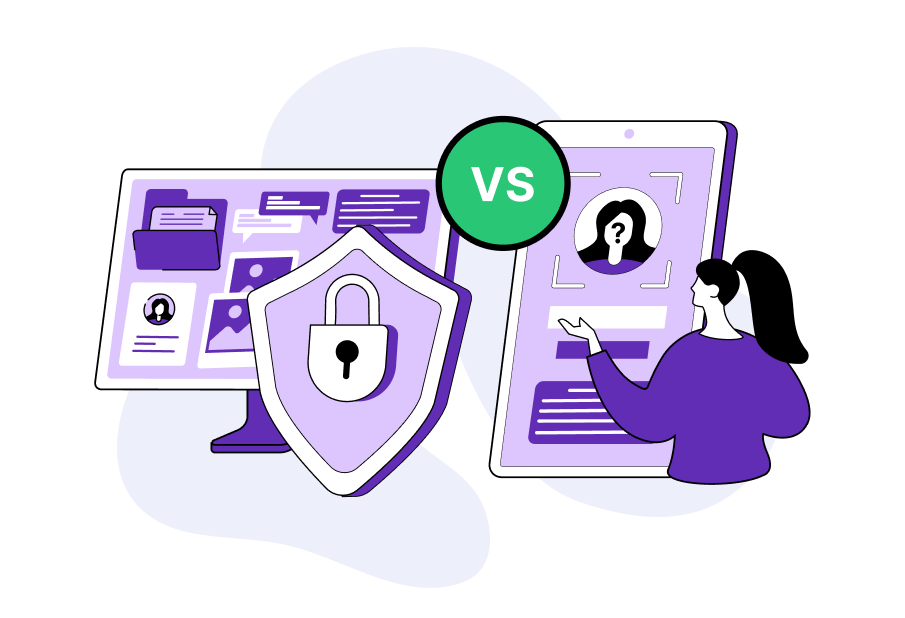
Just because you are doing something anonymously on the internet doesn’t mean your information is private and vice versa. While the terms ‘privacy’ and ‘anonymity’…
Read more

Planning the most-awaited vacation break soon but are having cyberattack nightmares? Or want to explore new destinations, yet the personal data breach headlines keep spreading…
Read more
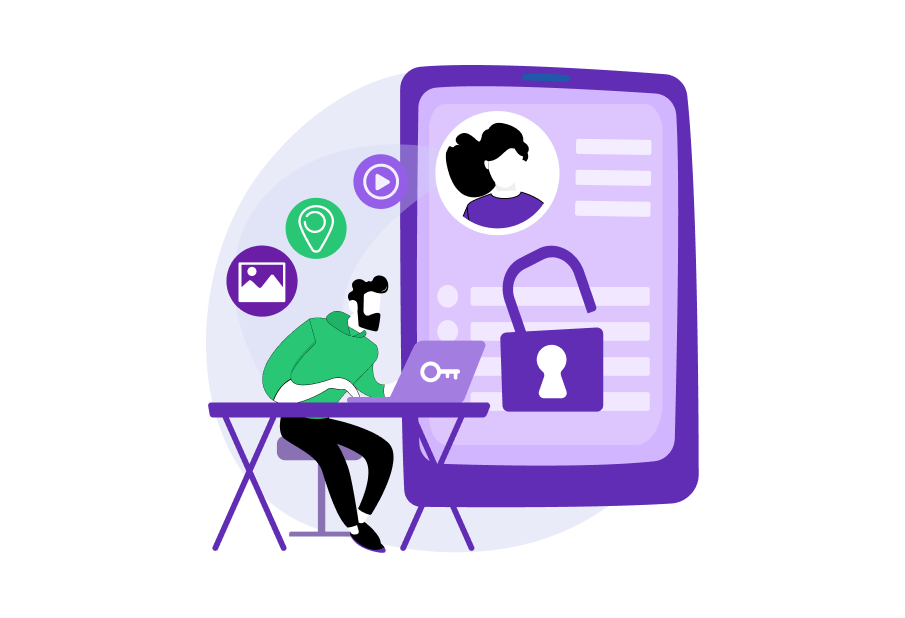
Social media has become an essential part of our lives, with billions of people using various platforms to connect, share, and engage in different online…
Read more

Tax season can be a stressful time for many people, especially those who are filing their taxes for the first time. However, even seasoned filers…
Read more

April Fools’ Day is known for its playful pranks and harmless hoaxes. Unfortunately, cybercriminals also take advantage of this day to launch their own scams,…
Read more
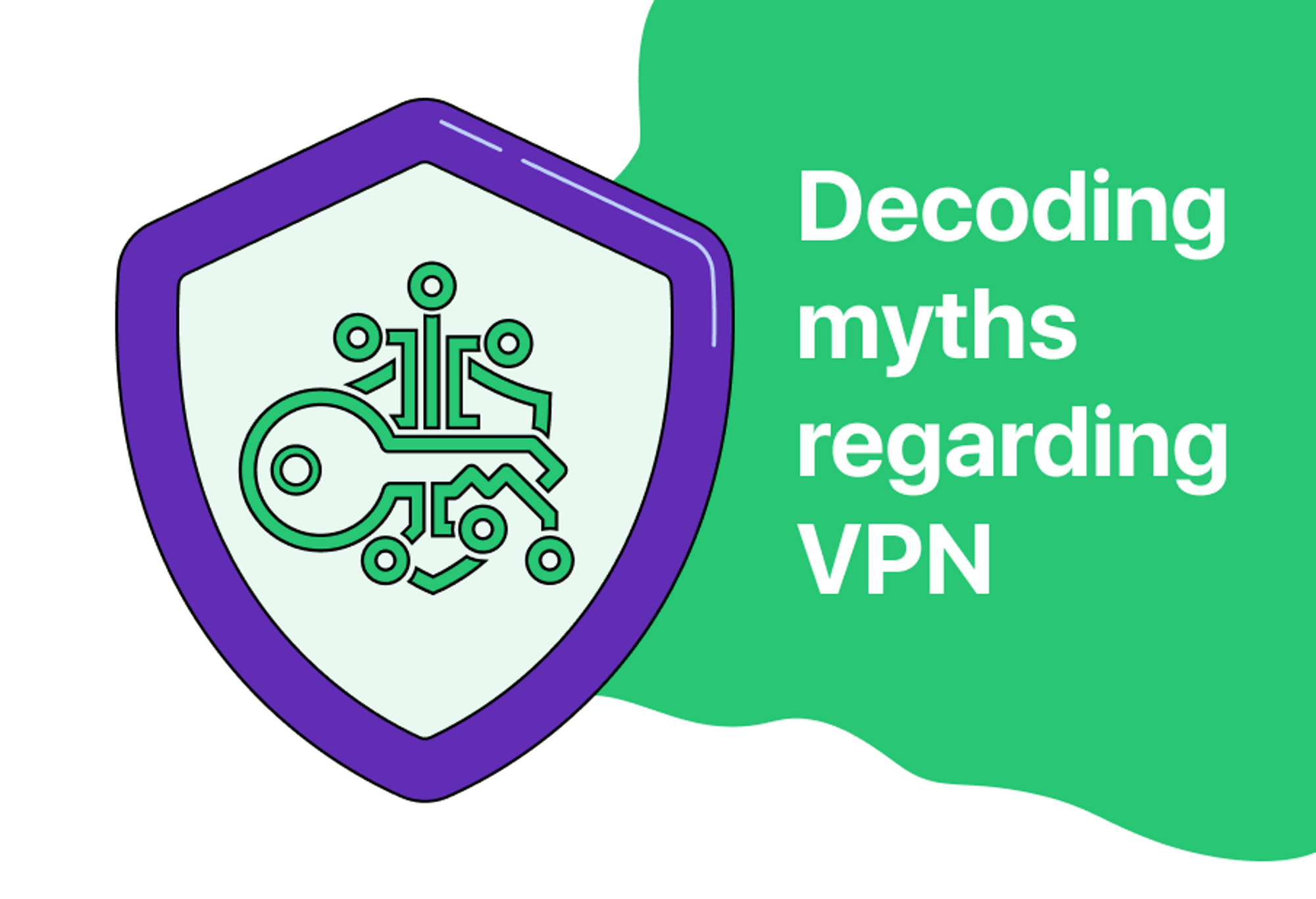
Happy April Fool’s Day, internet friends! As a VPN company, we thought we’d celebrate the occasion by sharing some of the most ridiculous, unbelievable, and…
Read more
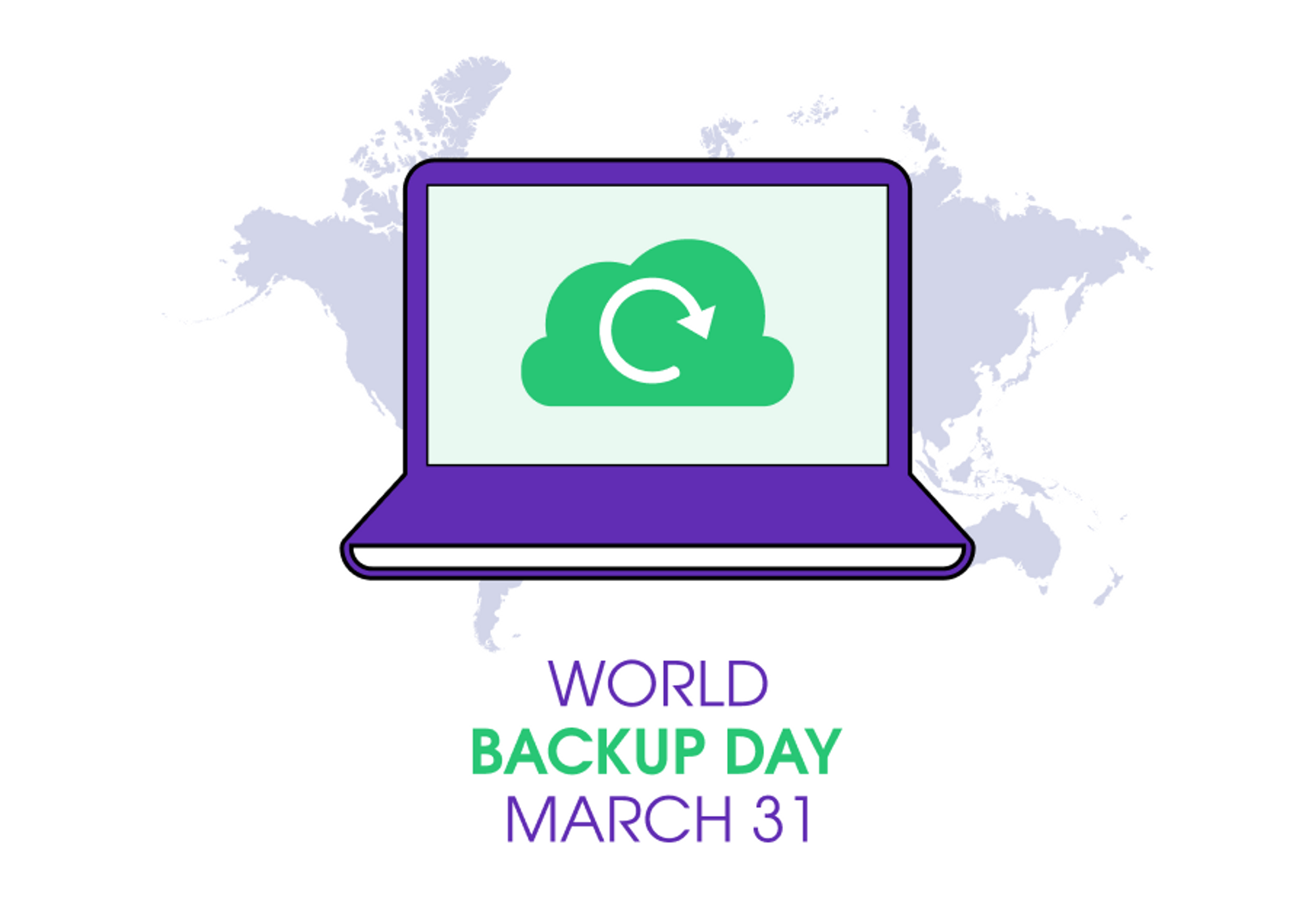
In today’s digital age, data has become a critical component of our lives. From personal photos and videos to important business documents, our digital information…
Read more

Description: Facts, stats, and data on the rising incidents of sexual harassment and violence women face on the internet every day Throughout history, the world has…
Read more
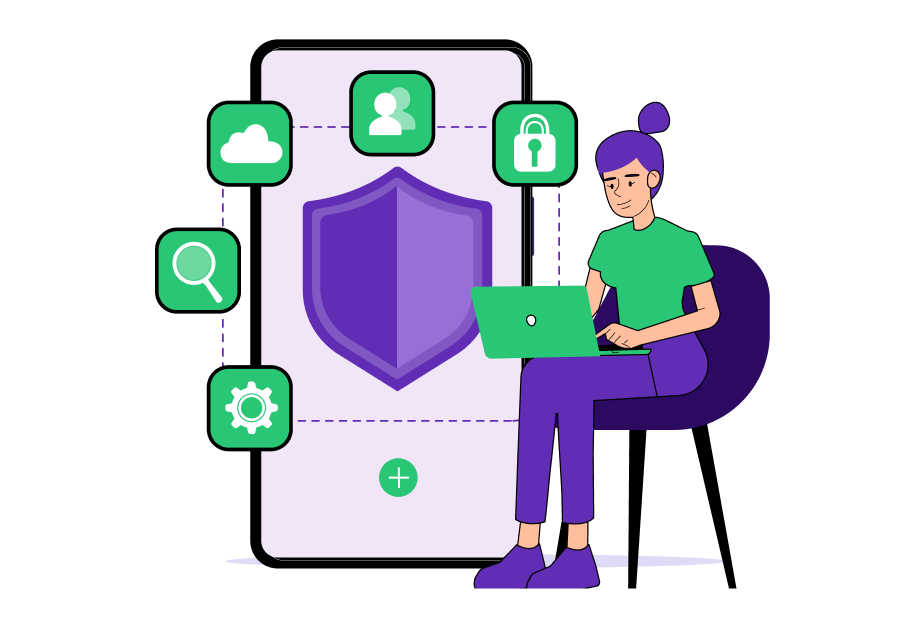
Description: This #InternationalWomensDay, we’re discussing ways women can protect themselves from online harassment Cybercrime is a serious issue that impacts everyone, but it can be…
Read more

This Valentine’s Day, share your sensitive dealings, not your feelings Valentine’s Day is supposed to be a day of love and letting yourself be vulnerable,…
Read more